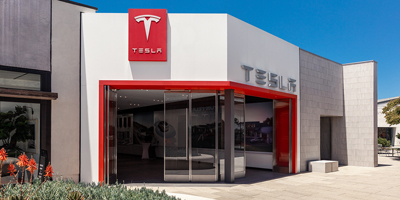Two bills introduced in the Florida Senate and House may disrupt how Tesla and other companies sell their vehicles.
Currently, there are no restrictions on direct-to-consumer sales in Florida. According to the National Conference of State Legislatures, Florida statute says “manufacturers may engage in direct-sales of motor vehicles provided there are no franchised dealerships selling such vehicles within the state.”
However, this could change.
As initially reported by Seeking Rents, House Bill 637, sponsored by Rep. Jason Shoaf, R-7, and Senate Bill 712, sponsored by Sen. Bryan Avila, R-111, would prohibit automakers from selling vehicles directly, reserving vehicles for customers, and incentivizing or forcing dealers to sell certain types of vehicles, including EVs.
Neither bill has made its way to voting, and both have received substantial amounts of editing thus far.
According to the lobbyists listed in association with the bills on the Florida State Legislature website, both bills have received sizable backing from dealers and dealership groups, including the AutoNation dealership chain, the Florida Association of Automotive Dealers and the South Florida Association of Automotive Dealers.
Neither state legislator was immediately available for comment on the bills.
It is essential to recognize Tesla would not be the only automaker affected by these bills. As seen in the second section of SB712, the bill would prohibit “applicants and licensees” from requiring or incentivizing the sales of electric vehicles, which is precisely what brands like Ford, Hyundai and General Motors have been doing nationally.
Furthermore, the bill would prohibit automakers from intervening in the pricing of their vehicles, allowing dealers to dramatically mark up vehicles, a problem that has plagued numerous legacy automakers.
Considering how early in the lifecycle both bills are, there is a good chance they will look very different by the time they reach the voting stage.











